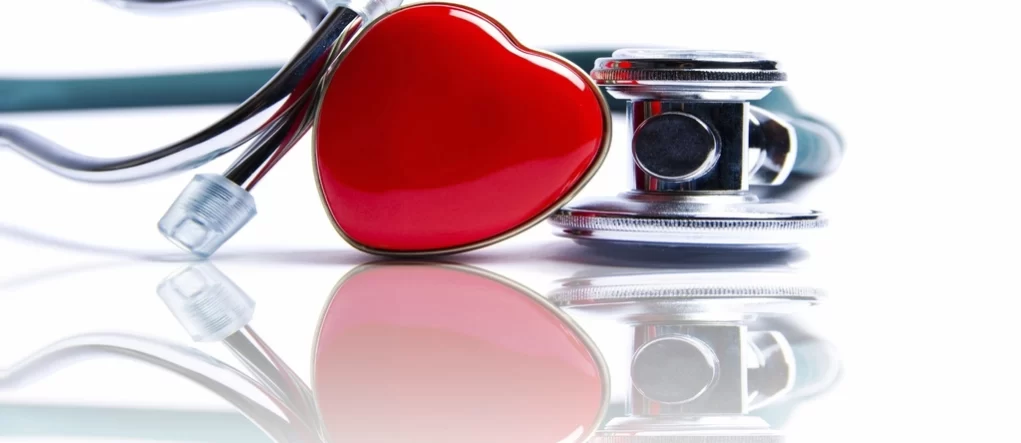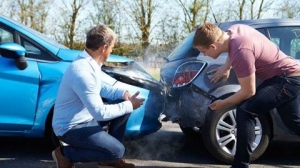Sudden Medical Emergency in Auto Accident Cases

 The case I am currently working on is a bit of an anomaly in the car accident world. My clients were driving down the road, when suddenly, the vehicle coming from the opposite direction swerved, entered their lane of travel, and hit them head on. On the face of it, liability/fault seems pretty clear. That is, the other driver is at fault and his insurance company should pay for the damages my clients suffered. Right? Well maybe.
The case I am currently working on is a bit of an anomaly in the car accident world. My clients were driving down the road, when suddenly, the vehicle coming from the opposite direction swerved, entered their lane of travel, and hit them head on. On the face of it, liability/fault seems pretty clear. That is, the other driver is at fault and his insurance company should pay for the damages my clients suffered. Right? Well maybe.
In any car accident case you have to prove that the at-fault driver owed a duty of care towards your client, he breached that duty, the breach was the direct and proximate cause of the injuries. A proximate cause can be further broken down into foreseeability of harm.
The insurance company of the other driver is denying liability. They claim their client had a heart attack at the time of the accident and was not able to control his vehicle. They are basing their denial on the “Sudden Medical Emergency” doctrine.
The doctrine provides that one confronted with an emergency is not liable for an injury resulting from his actions, as a reasonable man might act in such an emergency. The doctrine negates the negligence factor, more specifically proximate cause, in the tort formula, in that the driver was not able to control his actions due to the sudden medical emergency (it was not foreseen), and therefore should not be liable for the same. Stated more simply, if no one can foresee something bad happening, and reasonably prepare to avoid it, how can he be responsible?
In order to avoid responsibility, the person with the medical emergency must show that he suffered a medical condition losing consciousness AND that the condition was unforeseeable, that is, the driver had no history of the same. To further the example above, if the driver causing the accident, had 5 prior heart attacks in the last year, yet decided to get behind the wheel, he cannot claim unforeseeability. However, if the driver did not have any heart problems for the last ten years, and had no reason to believe he would have another, then foreseeability would be an issue.
Our attorneys and investigators can often figure out what happened during an accident and prove whether or not the other driver had a sudden medical emergency, using his car’s own computer, medical history, and testimony.
I hope this information will assist you if you are ever involved in a car accident in St. Louis, Missouri. If you need additional information or have further questions, please do not hesitate to contact our lawyers at Bajric & Ramic Law Office at 314-352-6800. At Bajric & Ramic Law Office, our lawyers offer experienced legal representation to car accident victims and their families.
Schedule Your Consultation Today
Fields marked with an * are required
"*" indicates required fields


